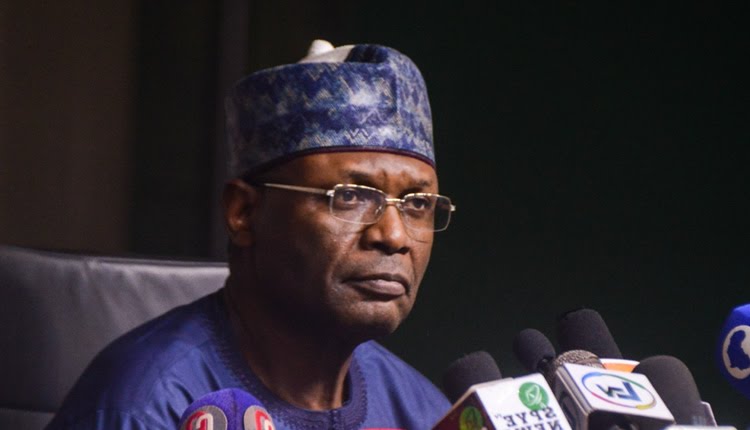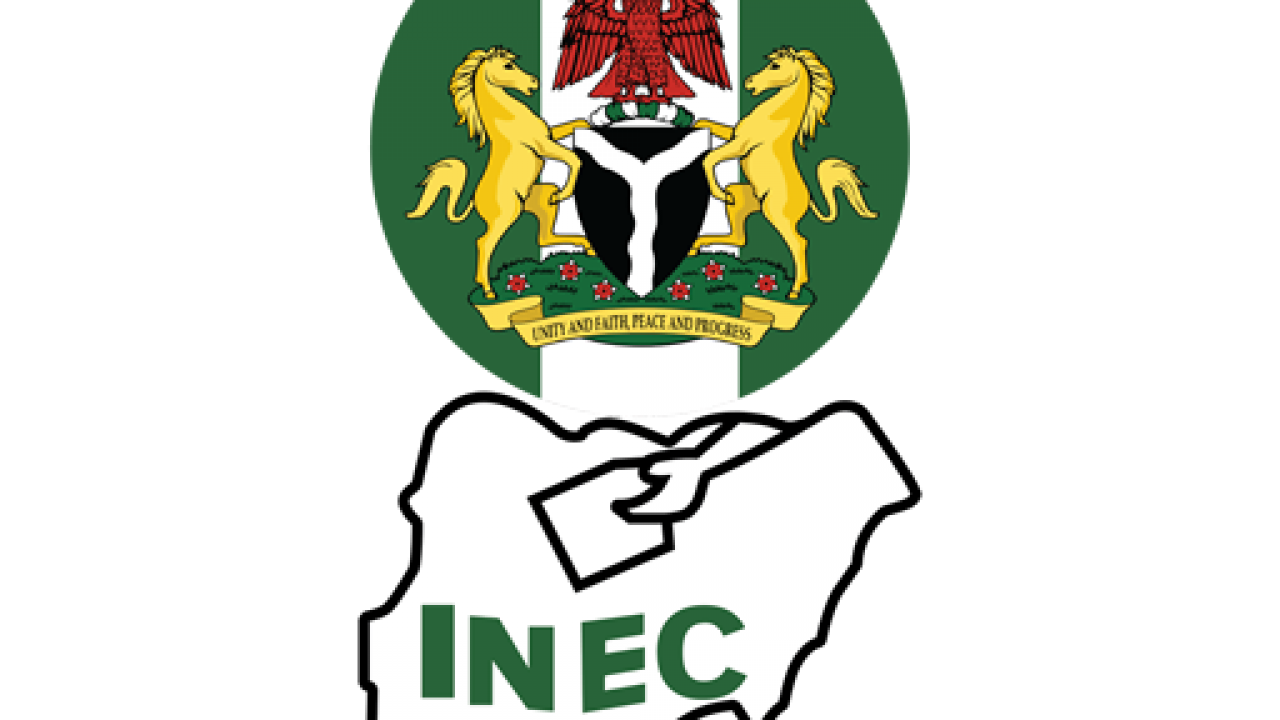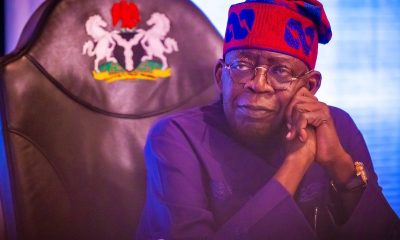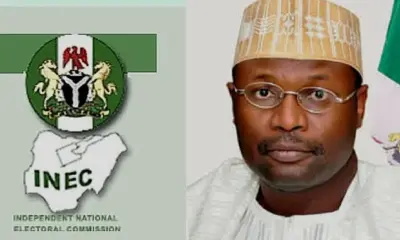News
INEC to sanction public media heads for bias in Edo, Ondo campaigns

The Independent National Electoral Commission, INEC, has announced stringent measures against public media heads found guilty of biased coverage during the upcoming governorship elections in Edo and Ondo States.
This move aims to uphold fairness and transparency in the electioneering process with Edo State governorship election is scheduled for September 21, 2024, while the Ondo State election will be held on November 16, 2024

In a press statement, by National Commissioner and Chairman of the Information and Voter Education Committee, Sam Olumekun, INEC emphasized the legal obligations under Section 95 of the Electoral Act 2022.
The Act mandates equal coverage and visibility for all political parties and candidates, prohibiting the use of state apparatus to advantage or disadvantage any political entity.
Specifically, Section 95(6) outlines sanctions for heads of public media organizations and their principal officers who contravene these provisions.
INEC noted that “Historically, the misuse of incumbency power has led to opposition parties being denied access to public facilities and media coverage, exacerbating tensions and often resulting in violent clashes among supporters.
The Commission’s directive aims to curtail these issues by ensuring a level playing field for all candidates.
The National Commissioner and Chairman of the Information and Voter Education Committee, reiterated the importance of compliance with these regulations.
He said, “the Commission has made available detailed guidelines for political rallies, processions, and campaigns on its website and social media platforms, emphasizing strict adherence to these rules.
The statement reads: “ACCESS TO PUBLIC FACILITIES FOR CAMPAIGN ACTIVITIES BY POLITICAL PARTIES AND CANDIDATES IN EDO AND ONDO STATES
“Following the publication of the final list of candidates for the governorship elections in Edo and Ondo States, public campaigns have commenced in earnest.
“Over the years, a recurring problem in Nigeria’s electioneering process has been the use of the power of incumbency to deny opposition parties and candidates access to public facilities for rallies and other campaign activities. These include public buildings such as sports stadiums, open spaces in public places, total denial or restricted access to state-owned media (specifically radio and television stations), the imposition of excessive levies and fees for outdoor and media advertising, and even the removal or vandalisation of billboards and posters. These actions often result in violent clashes among party supporters and a breach of public peace.
“For the avoidance of doubt, the Commission wishes to reiterate that Section 95(2) of the Electoral Act 2022 prohibits the use of State apparatus to “the advantage or disadvantage of any political party or candidate at any election”.
“Furthermore, under Section 95(3-5), it is obligatory for public media houses to allot equal coverage and visibility to all parties and candidates. Section 95(6) provides sanctions against heads of public media organisations, their principal officers, and other officials for contravention.
“A publication containing the Commission’s guidelines for the conduct of political rallies, processions and campaigns is already uploaded to the Commission’s website (www.inecnigeria.org). For emphasis, the same document is now uploaded to our social media platforms.
“Consequently, the attention of all concerned is drawn to the provisions of the law and the guidelines for strict compliance.




















